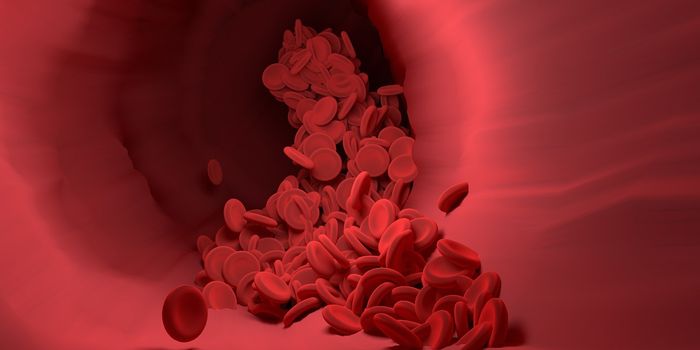Beta-blockers as a Potential Treatment for COVID-19
Beta-blockers are relatively common medications used to treat high blood pressure, abnormal heart rhythms, and a range of other conditions. They work by blocking epinephrine (a.k.a. adrenaline), which causes lower heart rates and less forceful heartbeats. By blocking those receptors in the body, beta-blockers can impact the body’s “fight-or-flight” response.
Recently, researchers have been looking into whether beta-blockers may be useful in treating COVID-19. COVID-19 illness can be divided into three stages: stage I, the early viral response characterized by flu-like symptoms; stage II, the pulmonary phase with possible pneumonia and respiratory symptoms; and stage III, a “hyperinflammatory” phase in which organ failure may occur. Patients in stage III are often affected by acute respiratory distress syndrome (ARDS). A study recently published in the Journal of the American College of Cardiology suggests that metoprolol, a common beta-blocker, may be useful in treating COVID-induced ARDS.
The researchers who conducted the study randomized 20 COVID-19 patients with ARDS to be treated with metopropol or to be in a control group that received no additional treatment. They saw that the patients treated with metopropol had reduced lung inflammation and improved oxygenation with no side effects. While this was a small pilot study, its results suggest that metopropol may be a simple and inexpensive way to treat ARDS in COVID patients.
Beta-blockers like metopropol may be useful in treating ARDS because they help terminate exacerbated inflammation, which plays a major role in COVID-induced ARDS. This exacerbated inflammation is caused in part by an excessive immune response and the overactivation of neutrophils (a type of white blood cell and essential component of the immune system). Metopropol “stuns” neutrophils and can reduce neutrophil counts in the lungs, leading to positive outcomes for COVID patients.
Sources: Mayo Clinic, News-Medical, Journal of the American College of Cardiology, Medical News Today








